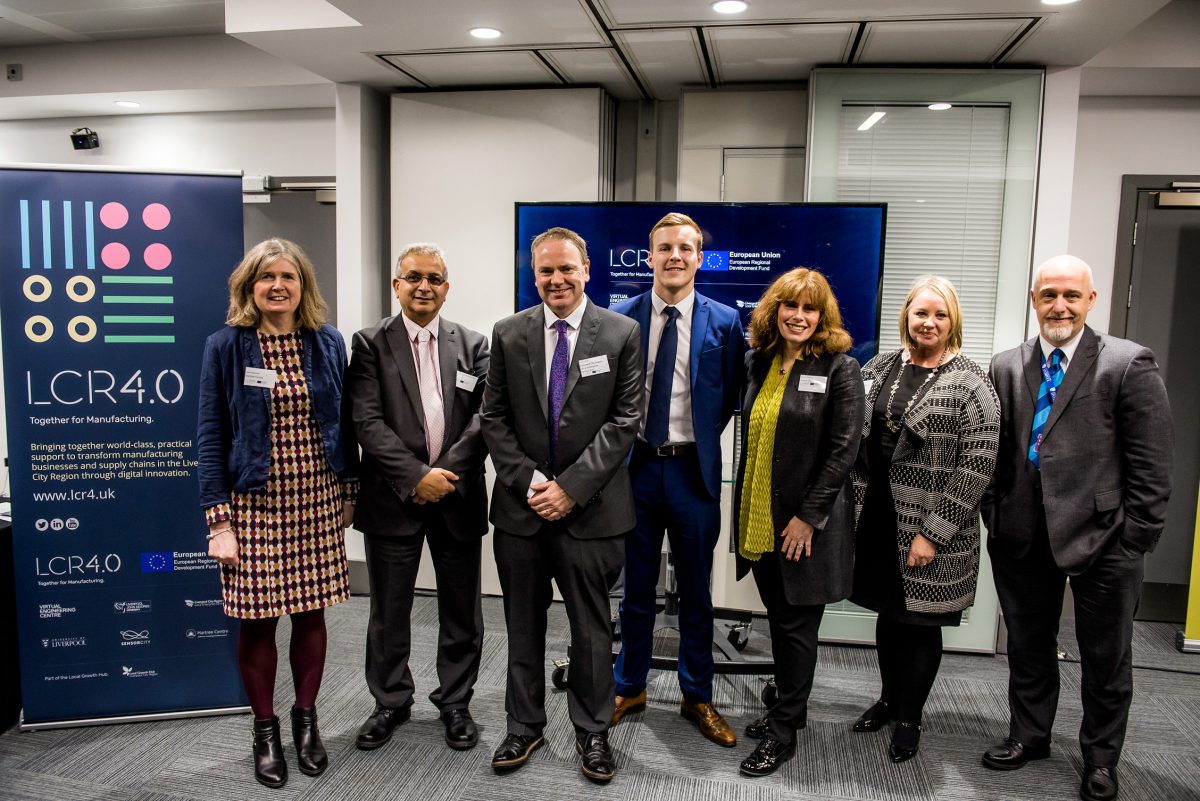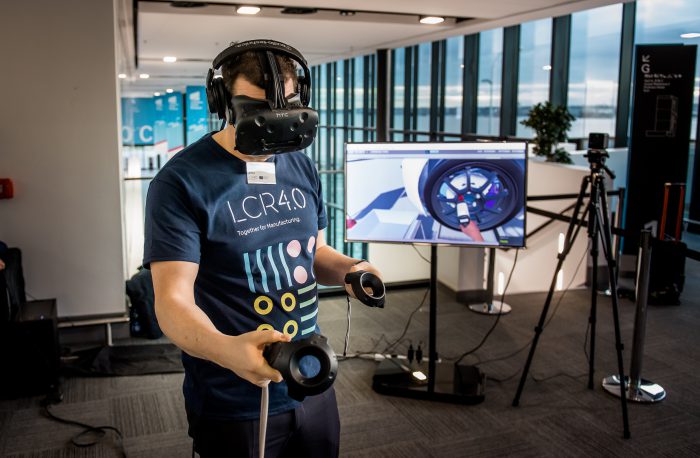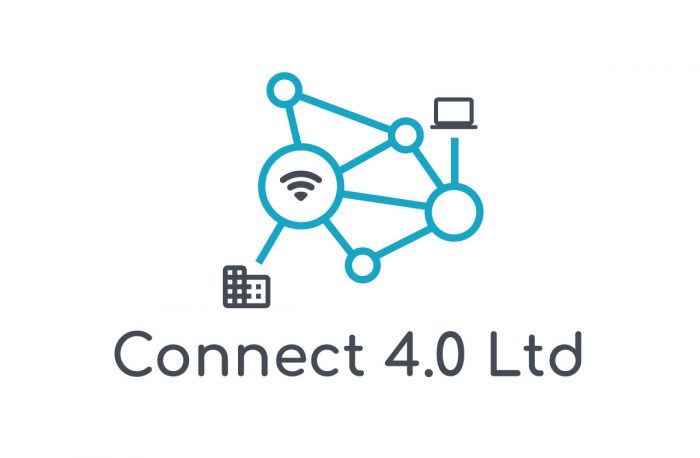Collaborative working drives manufacturing innovation

Only four months on from its official launch, nearly 40 businesses from across the Liverpool City Region are now engaged in the LCR 4.0 programme.
Each of the SMEs involved in the programme is receiving bespoke support from the relevant LCR 4.0 partners to enable them to access 4IR technologies and tackle their business challenges.
Part-funded by the European Regional Development Fund (ERDF), the LCR 4.0 programme is being delivered in partnership by some of the region’s key knowledge and scientific assets: the University of Liverpool (through its Virtual Engineering Centre), Liverpool City Region Local Enterprise Partnership (LCR LEP), Liverpool John Moores University (Faculty of Engineering and Technology), the Science and Technology Facilities Council’s Hartree Centre and Sensor City.
One of the first companies to complete the LCR 4.0 programme is product design consultancy, 4D Products Ltd. Facing a lack of electronic design resource, 4D Products teamed up with the Virtual Engineering Centre (VEC) to enhance an existing product with wireless sensors to enable it to collect real-time data from personal exercise sessions.
The collaboration has resulted in a proof-of-concept prototype being developed which consists of a wireless sensor system and an Android wear application that 4D Products can now demonstrate to potential investors. The product, which will be known as WAVEX microgym and has completed a patent application, is expected to reach the market in the near future.
Another company specialising in exercise equipment, Magnex Exercise Technology, has also recently completed the LCR 4.0 programme. Magnex wanted to develop a new range of commercial and home-use exercise equipment using a fluid magnetic resistance system that is more efficient than conventional weight based systems. Working with the VEC, Magnex was able to develop a to-scale virtual prototype using sensor technology. This allowed the company to analyse the product and make changes much quicker and cheaper than if a physical prototype had been created.
As well as the VEC, Magnex worked alongside Liverpool John Moores University (LJMU) which supported them with funding applications and secured an intern to improve the current product design looking through modelling and specific technological advancements.
Air Quality Research Ltd (AQR) also approached the LCR 4.0 team to help develop its innovative product which makes water clean and safe to drink and is suitable for use in third world countries. Using simulation and testing different design solutions through a digital platform, AQR was able to make cost-effective changes to its product and significantly reduce this exploration stage.
The LCR 4.0 programme has also helped packaging solutions firm, e-Mailers, to develop bespoke testing procedures and provide extensive data analysis to validate qualities of a new product within its industry. Due to the growth in online shopping, there is a need to develop environmentally friendly packaging to combat plastic bubble envelopes going to landfill. By working with LJMU, E-Mailers successfully managed to create a 100% recyclable solution with increased durability which the firm believes with help improve its competitiveness.
Director of e-Mailers, Alan Rae, explained how the support from LCR 4.0 has already improved business performance: “We have been able to share these experimental results with our customers which has already directly led to in an increase in demand for our product and the need to start production.”
Commenting on the success of these completed projects, Interim Head of Business Development at the VEC, Lynn Dwyer, said: “For each of these companies, by using the skills and technologies available across the partners involved in LCR 4.0, they have each been able to save time and money which is crucial in a competitive market place.
“It has also opened them up to new possibilities for their businesses. For example, AQR has discovered the potential of computer-aided design (CAD) technology and Magnex are now considering the use of virtual headsets for future products.
“The LCR 4.0 programme is all about helping businesses to enhance their systems and realise the opportunities which 4IR technologies can provide so it’s great to see 4D Products, Magnex, AQR and e-Mailers all demonstrate that so well.”
LCR 4.0 is a part of the Liverpool City Region Local Growth Hub.
Explore more

Together for manufacturing – the official launch of LCR 4.0
LCR 4.0, a brand new business support programme for the manufacturing sector officially launches in…

Dr Andy Levers explores the Skills Gap
Continuously discussed amongst manufacturers within the UK and across the globe, the skills gap is…

Liverpool start-up secures £2m 3D printing contract through LCR 4.0
Liverpool software start-up Connect 4.0 has secured a £2-million (€2.2-million) contract for its augmented reality…